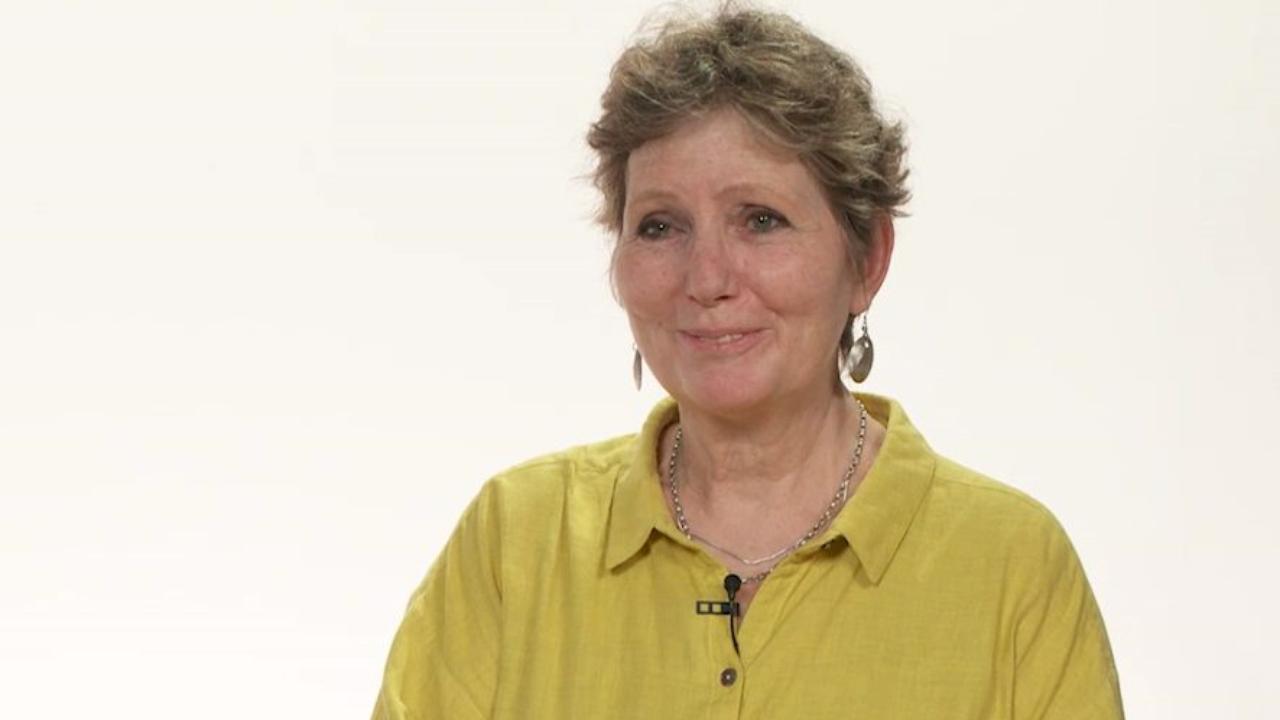Harriet Evans gives Public Lecture – "The Challenge of Change – Expectations of Gender in Urban Disadvantaged Neighbourhood of Central Beijing"

Harriet Evans, Professor Emerita of Chinese Cultural Studies at the University of Westminster and Visiting Professor of Anthropology at the London School of Economics, will give a Public Lecture entitled "The Challenge of Change – Expectations of Gender in Urban Disadvantaged Neighbourhood of Central Beijing".
Entrance is free (limited to the capacity of the DCV Auditorium).
Alongside this Public Lecture, Harriet Evans will also coordinate the Urban Intersections: Interrogating Meanings of Urban Change" workshop. Find out more.
This event is organised by CIAS – Research Centre in Anthropology and Health (Research Group "Technoscience, Society, and Environment") and CEIS20, with the support of the Department of Life Sciences of the UC and the International Research Network Sci-Tech Asia.
This initiative is part of the CEIS20 Axes of Interdisciplinary Knowledge.
For more information, please contact doutoramento.antropologia@uc.pt.
Abstract
This talk reflects on how we might imagine the notion of change taking shape through the relationship between urban and gender transformation. My discussion focuses on Dashalar, the deprived inner city neighbourhood of Beijing that constitutes the spatial and social site of my study of urban change at the margins, in Beijing from Below. Rather than imagine urban transformation as a series of modes of governance and quantifiable plans and practices enacted on an urban population, whether supportive or resistant, I argue, following Doreen Massey, that the physical processes of transformation of space and place are in themselves social and cultural and therefore gendered processes. I develop this argument with particular attention to the gendered positioning of both women and men in Dashalar. Throughout I reflect on the significance of this ethnographically based 'micro-stu-dy' for the big questions of historical progress and change, continuity and rupture.





